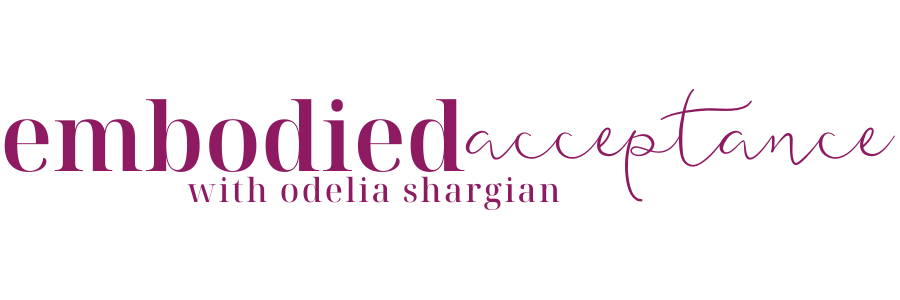Ask not what your body can do for you; ask what you can do for your body
Did you ever encounter a situation where you kept ignoring your body’s requests until the body created such a big problem that you couldn’t ignore anymore?
When we live in a diet-culture we learn that we can’t trust our body to have the right amount of food or the right kind of food. We think that left to its own devices, there would be no limit to how much it would want to consume and particularly when it comes to those special foods that we’re taught are a no-no.
There are other ways that we often doubt our body’s ability to perform: maybe we don’t know that it can heal from a certain condition, maybe it doesn’t function.
Trust is a two-way street.
In order for us to be able to trust our body, our body needs to be able to trust us. It needs to know that when it’s trying to communicate with us, we’re listening: that when it’s hungry - we feed it, when it’s tired - we rest, when it’s hurting - we let it cry.
If the body can’t tell that it can trust you to listen, it will shout louder and louder until you hear it.
Like in any relationship, developing trust takes much care and time. There are many opportunities throughout the day to show the body that we can be trusted.
But sometimes it takes a more intentional effort and it involves dedicating a special time and putting aside some of the regular distractions in order to be able to listen more attentively, like in a yoga practice or a meditation practice.
Body Story is a practice of listening to the body. It’s centered around asking the body: “what has it been like to exist in the world since the moment it got here? What has shaped the way that we treat our body, including all the external messages about weight, size, and shape? We ask and then we pause to listen with care and respect and let the answers arise through journaling, mindful movement, and body awareness.
Please contact me if you’d like to hear more about Body Story Workshop.
